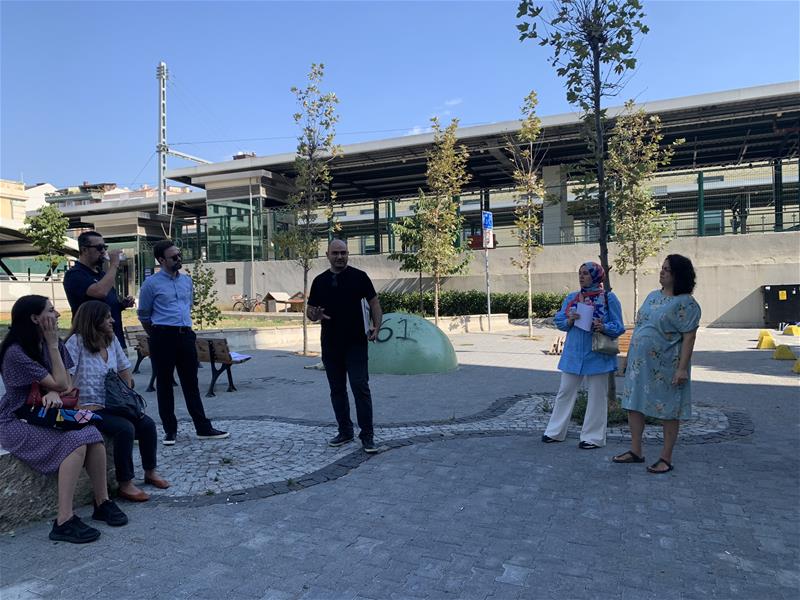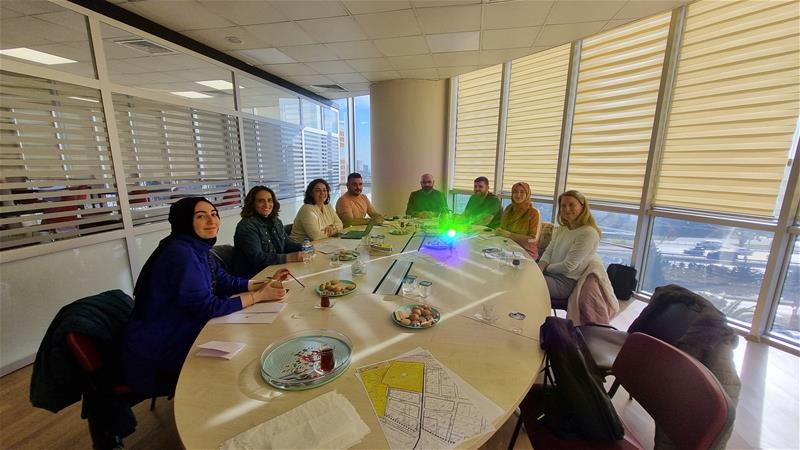Büşra Nur Gündoğdu, a doctoral candidate at Istanbul Technical University’s Department of Urban and Regional Planning, is participating in a multinational research project aimed at making urban mobility across Europe more sustainable, accessible, and acceptable. Titled “Evidence and Acceptance - From Experiments to Transformation (ACCTRA)”, the project is carried out in collaboration with academic institutions and local governments in Austria, Turkey, and Sweden.
Led by Assoc. Prof. Dr. İmge Akçakaya Waite on behalf of ITU, the research seeks to reduce the environmental and social impacts of car-dependent urban transportation. In this context, a “dedicated micromobility lane” proposal is being field-tested in Istanbul to facilitate the adoption of micromobility solutions such as walking, cycling, and e-scooters.

Reflecting on her experience, Gündoğdu says,
"My graduate education at ITU strengthened me both in critical thinking and methodological rigor, equipping me well for fieldwork. Working with an interdisciplinary approach has enabled me to understand urban decision-making processes across different geographies."

ACCTRA aims to develop localized guidelines applicable to urban transformation projects across Europe, based on data gathered from street transformation experiments conducted in two cities: İstanbul and Klagenfurt (Austria). The Istanbul pilot in the Maltepe district involves a mix of qualitative and quantitative research methods, including focus group discussions, preference surveys, traffic simulations, and image processing techniques. Throughout the project, collected data such as traffic flows, pedestrian and scooter usage statistics, accident records, and modal shift analyses support both the evaluation of field experiments and the establishment of evidence-based recommendations for policymakers.
Beyond academic contributions, the project seeks to raise public awareness by encouraging citizen participation in public space, promoting micromobility options, and advancing sustainable transport solutions. Findings developed in cooperation with local authorities will serve as a reference for similar urban transformation initiatives across Europe. Upon completion, implementation guidelines for both Istanbul and Klagenfurt will be shared internationally via open access.